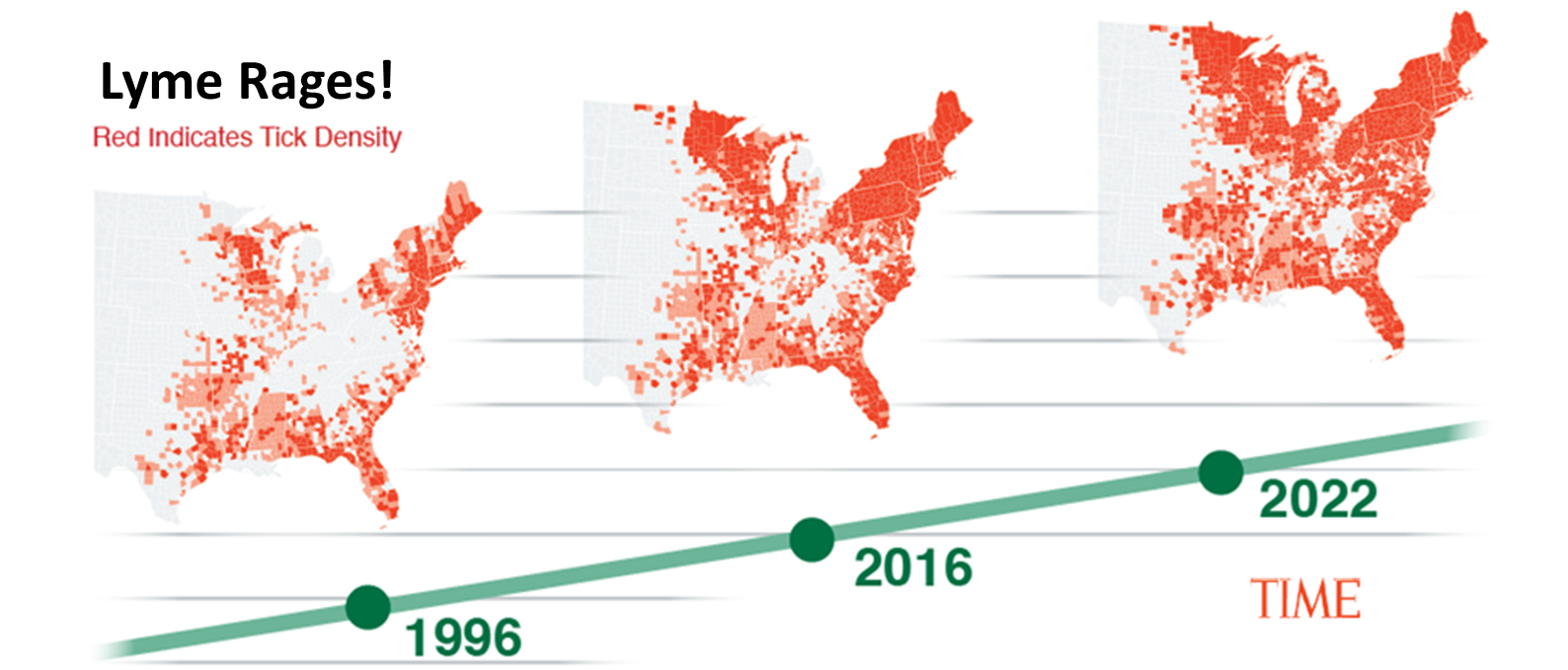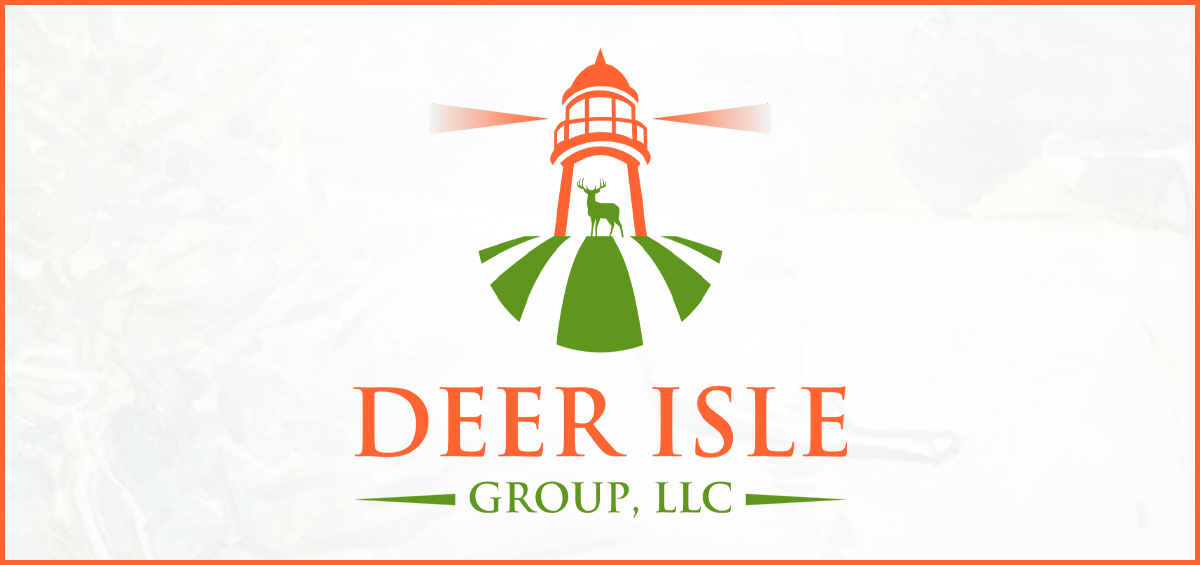INSTITUTIONAL CAPITAL: Nirvana or Not? Benefits & Challenges

Capital sourcing from institutional capital providers/investors is usually a complex process with its own unique benefits and challenges.
Definition: Institutional capital providers/investors (defined to include family offices, wealth advisors, funds, endowments, foundations, pension funds) can invest large sums of capital – depending upon the size and investment objectives of the institution
Benefits: Institutional capital provides scalability:
- Large Amounts of Capital: invested amounts can be anywhere from $1 million to over $500 million
- One or a Small Number of Capital Providers: Reduces capital management and differences.
- Sophisticated Capital Providers: Provide insight and help (“smart capital”)
- Deep Pockets: Support multiple rounds/valuations (grow capital with company growth)
Challenges: Institutional capital providers require an “institutional” approach:
| Considerations | |
| Competitive | A private markets institutional capital provider usually makes a limited number of investments per year (perhaps up to 10 to 20). The number of new investments is independent of the size of the capital provider – a larger capital provider usually means larger investments, rather than more investments, as there are a maximum number of investments that an investment team can appropriately handle.The prospect of receiving a large amount of capital is attractive to most capital seekers, the institutions are receiving many investment opportunities for consideration which creates a complex and competitive environment. |
| Positioning | The ratio of investment to received proposals can be 1:2000+ annually. Therefore, the focus will be on those that understand and highlight the metrics that are important to making an investment decision. It is only after a capital provider has determined that the investment opportunity is exciting and interesting to them that they will move to the next step. |
| Due Diligence | The due diligence process is very involved and requires significant preparation. Only after due diligence is completed to an institutional standard will the capital provider decide whether the opportunity is worthy of an investment. |
| Market Terms | An investment will only occur if institutional capital providers perceive that they are receiving an attractive risk adjusted return. The terms of the opportunity must be “market” and provide enough protection should events turn out differently from expected. If the terms are not acceptable to the capital provider, they may try to negotiate ones that are acceptable – but if the terms are too “off-market”, they will usually not bother. |
After passing each of these hurdles – Congratulations – you now have institutional capital!
…But…
On-Going Requirements: The institutional capital provider most likely has critical on-going requirements – reporting, control terms, updates, etc. These requirements will have to be met on a timely basis in order to maintain good relationships with the institutional capital providers and in order to receive capital for your next capital raise.
Attracting institutional capital is often an important part of a capital strategy. However, in order to be successful, it’s important that a capital seeker be prepared for the process and able to present information in a manner that appeals to the institution.



